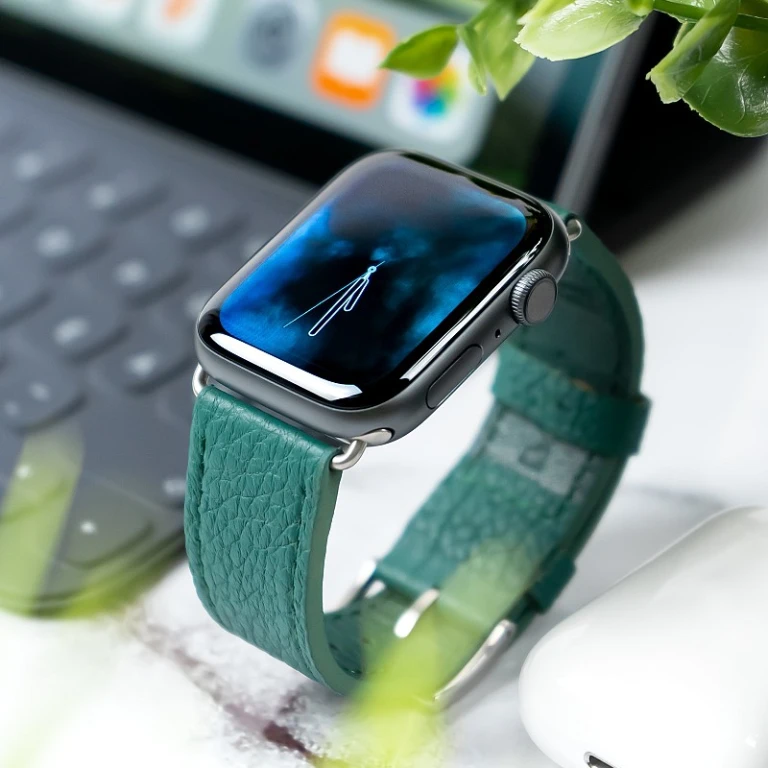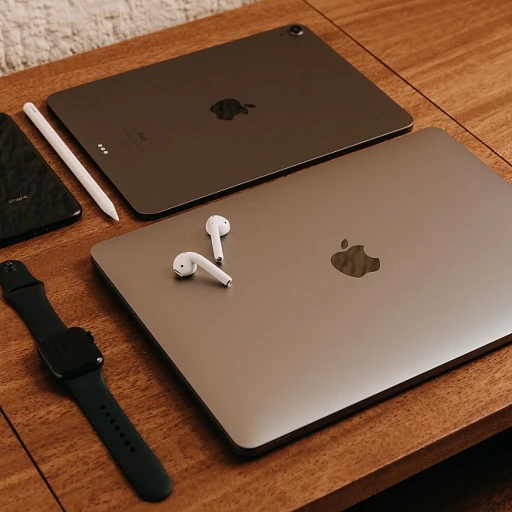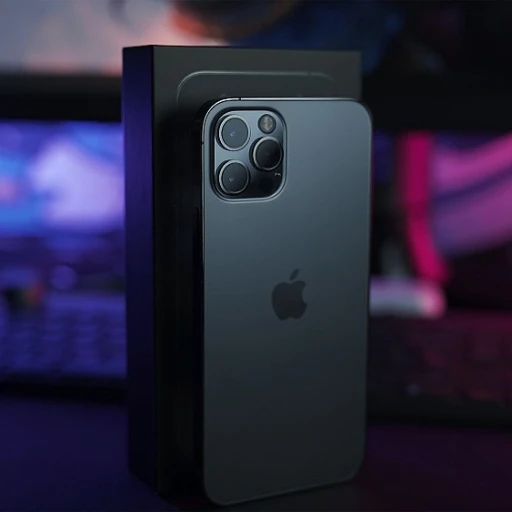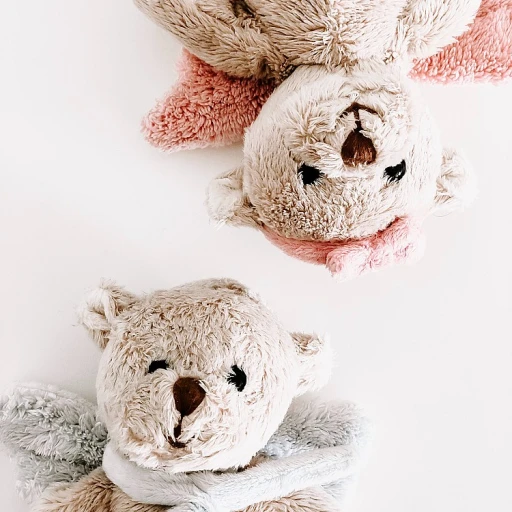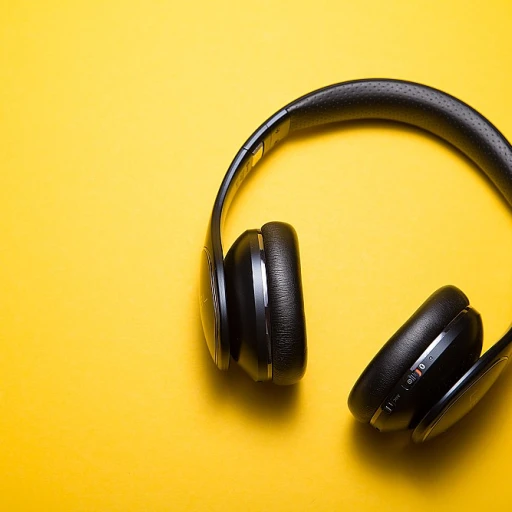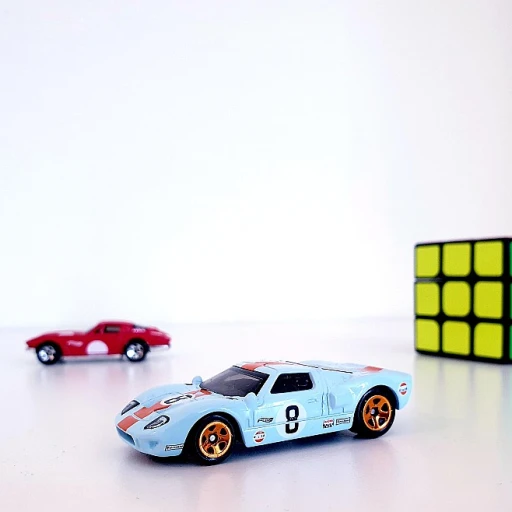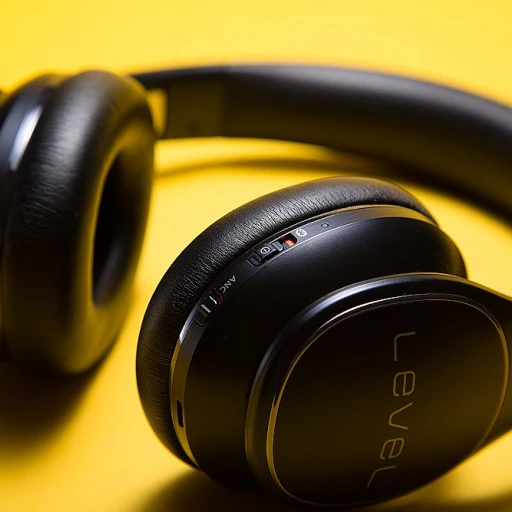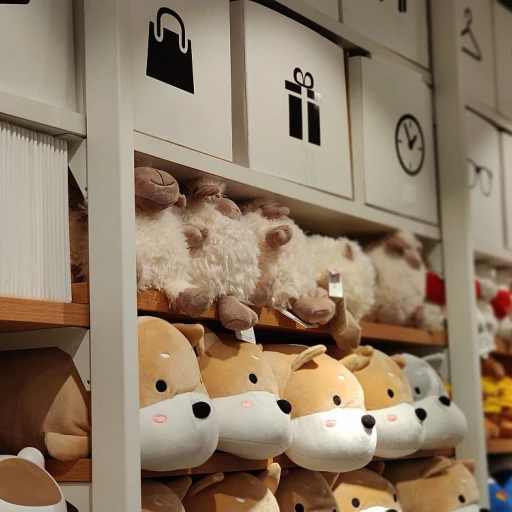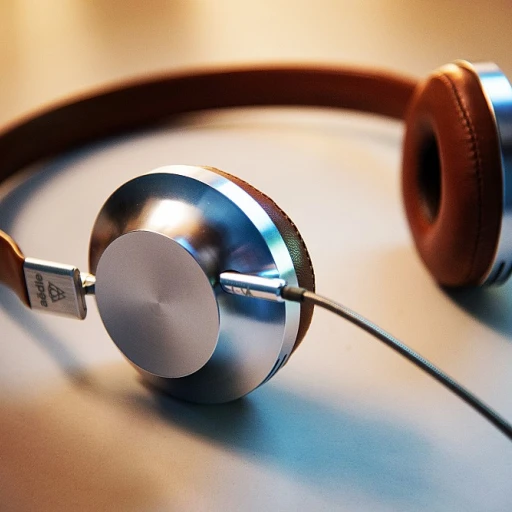
Understanding the Value of Silver Tea Sets
Exploring the Intrinsic Worth of Silver Tea Sets
Before you decide to take your silver tea set to a pawn shop, it’s essential to understand its inherent value. Silver tea sets are often cherished for their historical and aesthetic significance, making them more than just household objects. The mix of delicate craftsmanship and timeless allure enhances their worth. Such sets can range from simple designs to exquisite, ornate masterpieces, with each piece holding a story of its own. Whether it’s vintage charm or antique splendor, a silver tea set can indeed be a real treasure.
Several factors contribute to the value of a silver tea set. Primarily, the material composition—whether sterling silver or silver plate—plays a crucial role in determining its value. Sterling silver holds more intrinsic value compared to silver-plated items, which could impact your selling price substantially. Moreover, other elements like the set’s condition, age, manufacturer, and historical provenance can all influence its worth.
Remember, knowledge is power. By equipping yourself with information about your tea set's value, you will be in a better position to negotiate, should you choose to sell it at a pawn shop. Surprisingly, the world of luxury tech and classic craftsmanship have a common thread...they never go out of style. Much like the timeless allure of a classic mink coat, a silver tea set holds an enduring elegance that transcends trends and generations. Consider this when evaluating the potential return on your investment, and as you explore other strategies to sell or appraise your cherished pieces.
If you are intrigued by the timeless allure of luxury items, read more about it here.
What Pawn Shops Look For in Silver Items
The Intricacies of Silver Evaluations
When it comes to appraising your silver tea set, pawn shops play a meticulous game of checks and balances. While the metal itself holds intrinsic value, these establishments look beyond the mere weight or purity of the silver. It's essential to consider how much your silver tea set is worth in today's market as a starting point, but understanding the factors pawn shops analyze can give you an edge in your bargaining strategy. First and foremost, the condition of your set stands paramount. Pawn shops carefully examine for any damages or wear that might compromise the set's overall value. Dents, dings, or any corrosion—especially if neglected over time—could considerably diminish the offer you receive. Next, the shop will assess the markings on your tea set. Authentic hallmarks and stamps signify the origin, manufacturer, and purity of the silver, distinguishing a prestigious piece from an ordinary one. This can influence not only the value but also the potential client base interested in acquiring such an asset. Lastly, the pawn shop considers any historical significance or rare craftsmanship that your tea set might possess, potentially elevating its worth. Antique pieces or those associated with historical figures or events often bring a premium price compared to generic sets. While each pawn shop operates differently, understanding these evaluative criteria ensures that you present your silver tea set in the best possible light, increasing your chances for a favorable transaction. For those captivated by luxury and detail, you may find the allure of men wearing a Rolex equally intriguing, as both markets appreciate elegance and history intertwined with craftsmanship.How to Determine If Your Silver Is Sterling or Plated
Determining If Your Silver is Sterling or Plated
In assessing the value of your beloved silver tea set, knowing whether it is sterling or plated is vital. Sterling silver, consisting of 92.5% silver, carries significant value for collectors and buyers alike. In contrast, silver-plated items, with a thin layer of silver coating over another metal, usually hold less intrinsic value, leading to differing evaluations at pawn shops. Identifying Sterling Silver To determine if your tea set is sterling silver, scrutinize the hallmarks on each piece. Common stamps include “925,” “Sterling,” or “Ster,” indicating high silver content. These markings are often discreetly placed on the underside, but their presence can greatly influence the appraisal value. Recognizing Silver-Plate Silver-plated items might have markings such as “EPNS” (Electroplated Nickel Silver) or simply “Silver Plate.” While these pieces can be visually stunning, their resale value pales in comparison to sterling silver, which is a consideration for both you and potential buyers, like pawn shops. Understanding whether your piece is a treasure of history or a more common item is an essential step before entering negotiations. This knowledge not only empowers you with confidence but also ensures you present your tea set accurately, maximizing its potential value in the eyes of prospective buyers, whether at local pawn shops or other marketplaces.Tips for Selling Silver to Pawn Shops
Maximizing Your Profit at Pawn Shops
When considering selling your silver tea set to a pawn shop, there are several strategies you can employ to ensure you get the best possible deal. Firstly, having a comprehensive understanding of the current market value of your silver items, as detailed previously, gives you a good starting point for negotiations. With this knowledge, you can confidently discuss pricing and avoid undervaluation. Additionally, consider the presentation of your silver tea set. Pawn shops are often more attracted to items that appear well-maintained and polished. A good presentation not only highlights the inherent beauty of your silver but also makes it more appealing to potential buyers visiting the shop. Timing can also play a crucial role. Some people find that they receive better offers if they sell their items during specific times of the year when silver prices might be higher. Keep an eye on market trends to determine the best time to approach a pawn shop. Furthermore, ensure you have all relevant documentation if available. Certificates of authenticity or any historical information related to your silver tea set can greatly influence the perceived value and make it easier to negotiate a better price. Lastly, don't be hesitant to shop around; visiting multiple pawn shops can provide a wider range of offers. Keep in mind the criteria discussed earlier about what various pawn shops look for and how they might differ regionally. By comparing offers, you can select the best deal that maximizes your return. With these strategies, selling your cherished silver tea set can become a rewarding experience, instead of a daunting task. Remember, patience and preparation can often be the keys to success.Comparing Pawn Shops Across Different Locations
Comparing Pawn Shops Across Various Locations
When considering selling your silver tea set to a pawn shop, it's important to keep in mind that different locations may offer varying deals. Pawn shops are influenced by multiple factors such as local market demand for silver, the competition, and the overall economic conditions in their area. For instance, a pawn shop in a metropolitan area with a high concentration of luxury tea sets might appraise your set differently than a rural shop where such items are rarer. In urban locations, shops often deal with a wider range of high-end items, which could mean they're more likely to recognize and value quality silver accordingly. On the other hand, rural pawn shops might place more value on utility and less on luxury, affecting the price they offer for your silver tea set. It’s advisable to visit multiple pawn shops across different areas to gauge the average assessment of your valuable tea set. By investing some time in research and traveling, you might find that certain locations may offer a more favorable appraisal or buying price. Understanding these variances can empower you to make a well-informed decision when selling your prized possession. Additionally, don't underestimate the power of negotiation. Regardless of the location, being aware of your item's worth and being prepared with knowledge about its potential resale value can help you secure a better deal. Armed with insights from earlier sections on understanding the value of your silver tea set and distinguishing between sterling and plated silver, you'll have a strong footing in your discussions with pawn shops.Ultimately, each shop has its own method of evaluation and pricing, which is why comparing offers from different locations is crucial. Equipped with this strategy, you increase your chances of maximizing your return when parting with your silver tea set.
